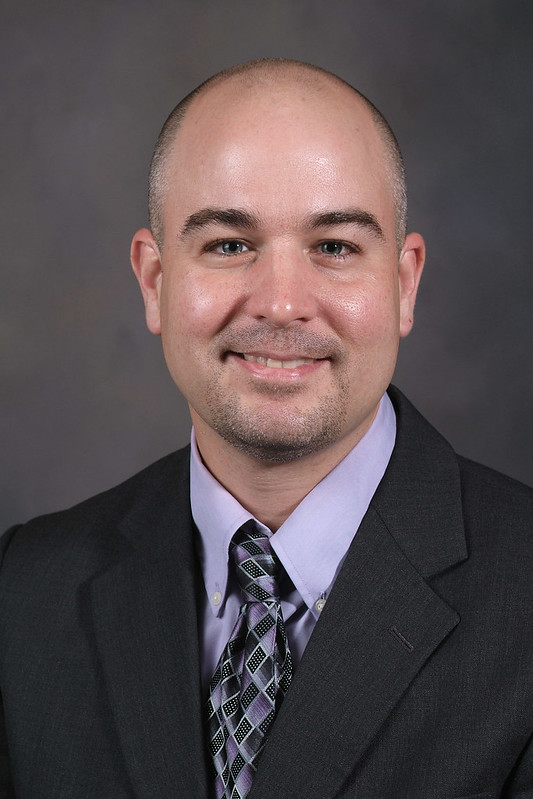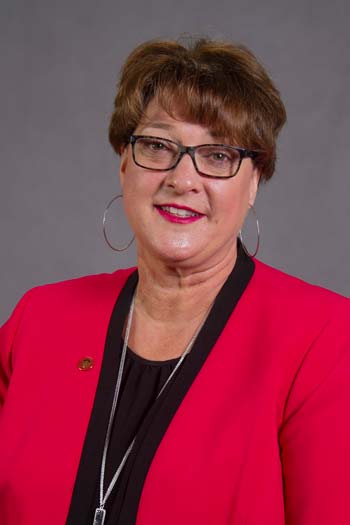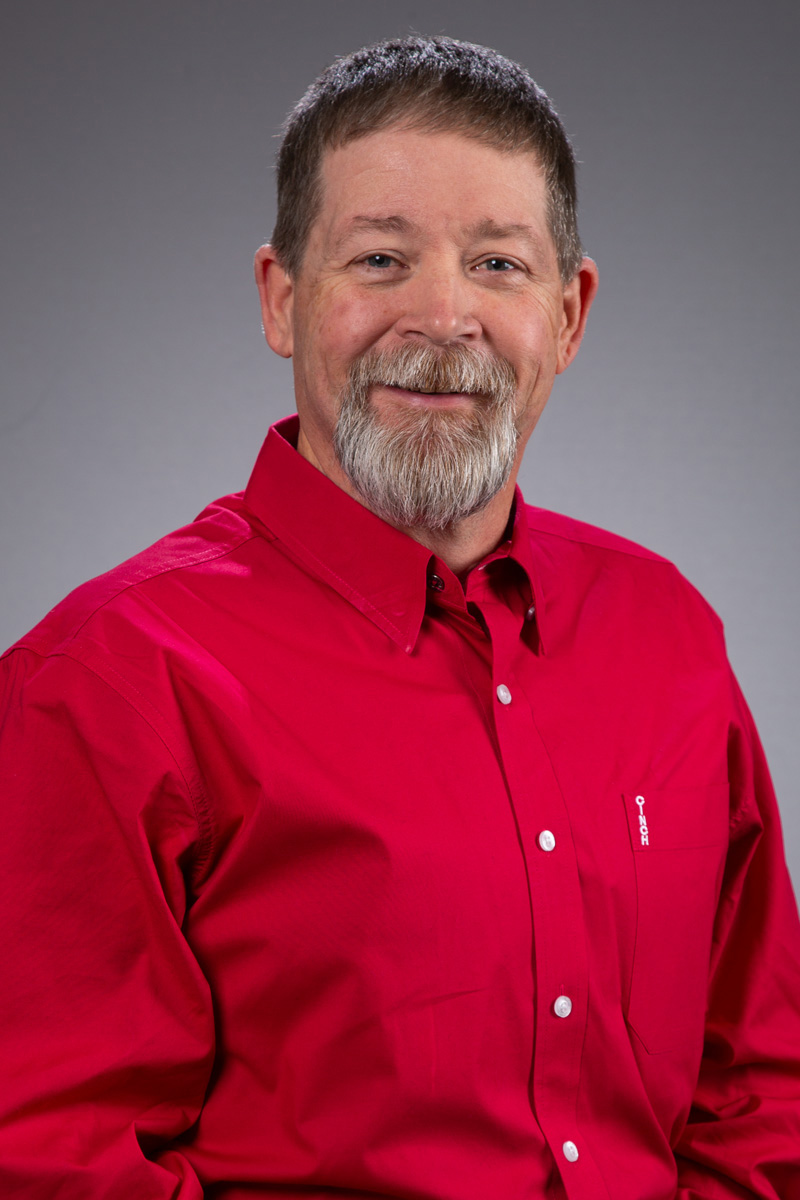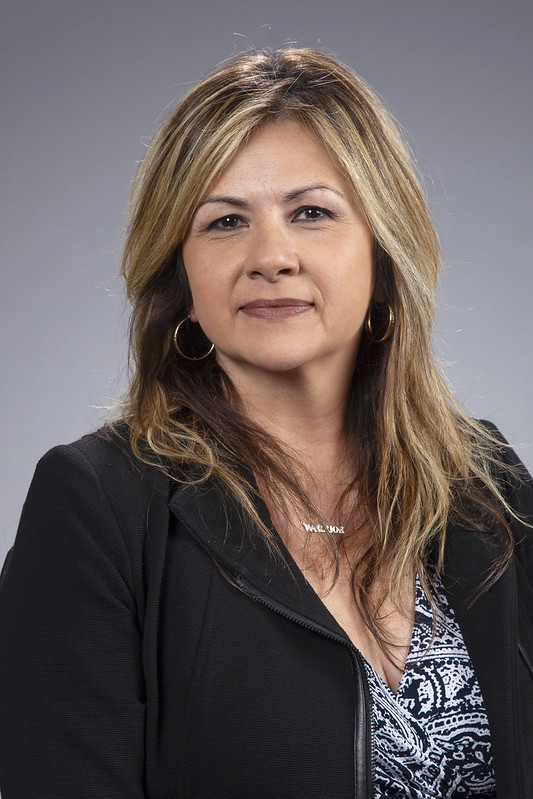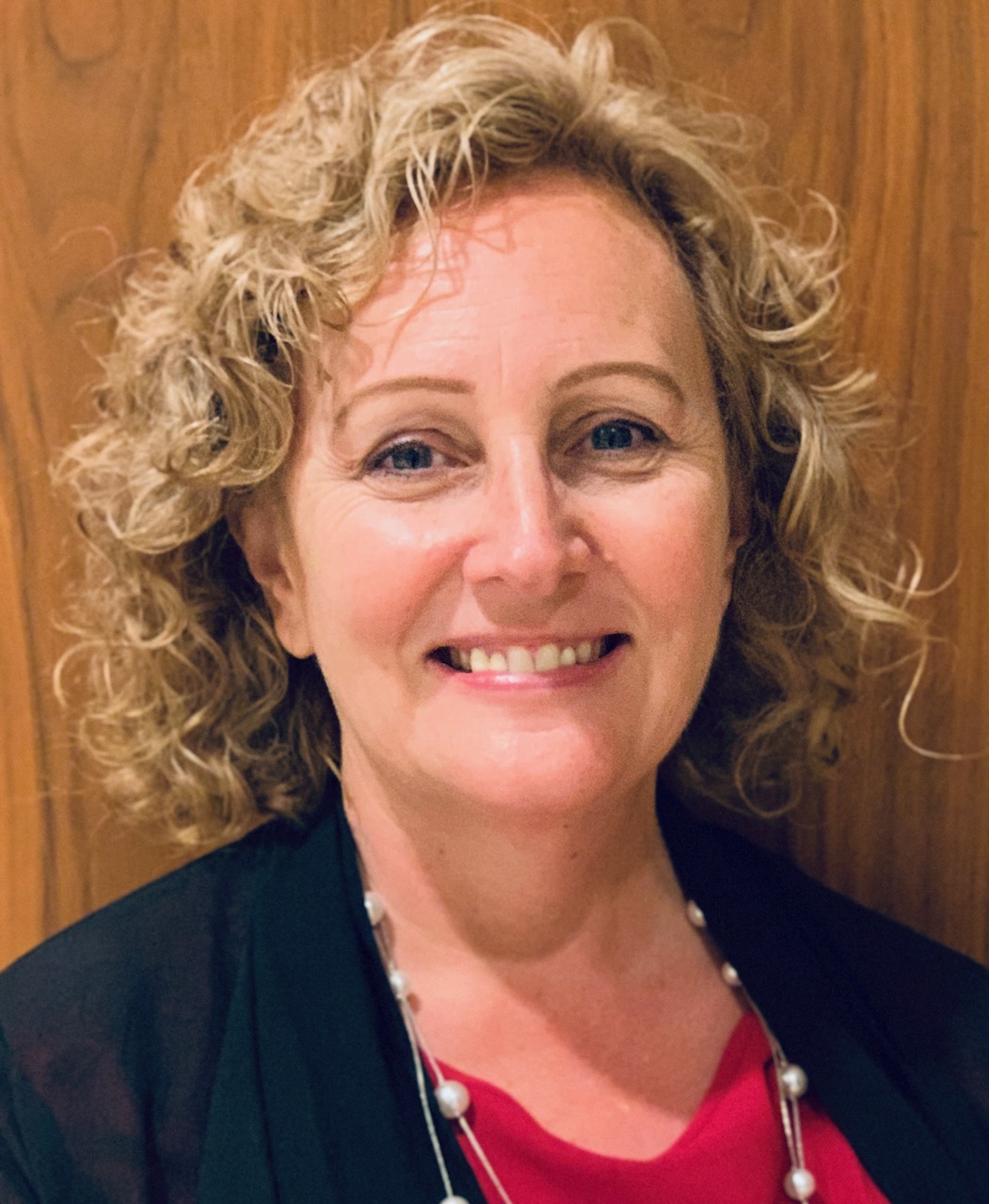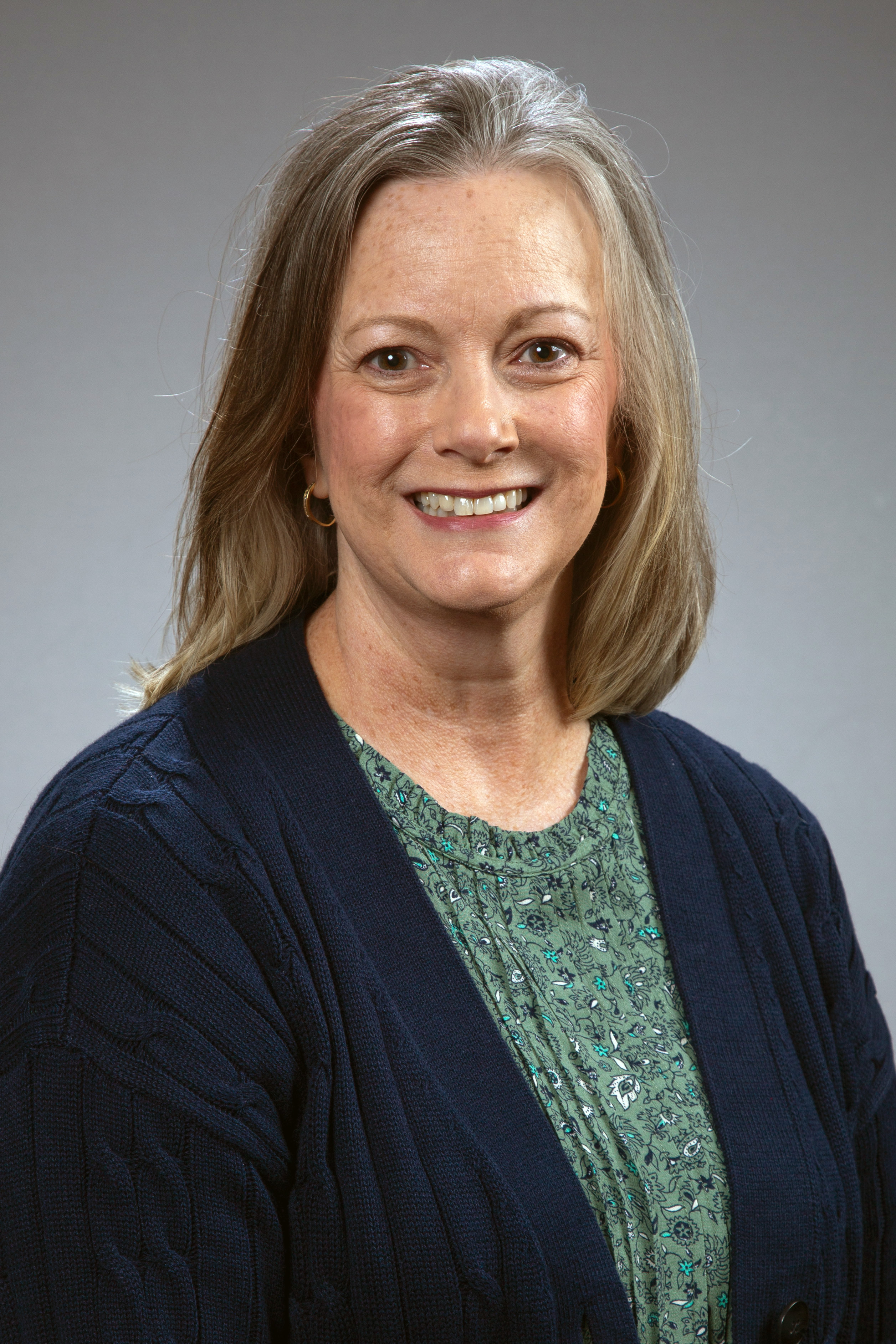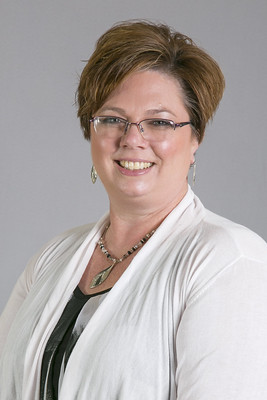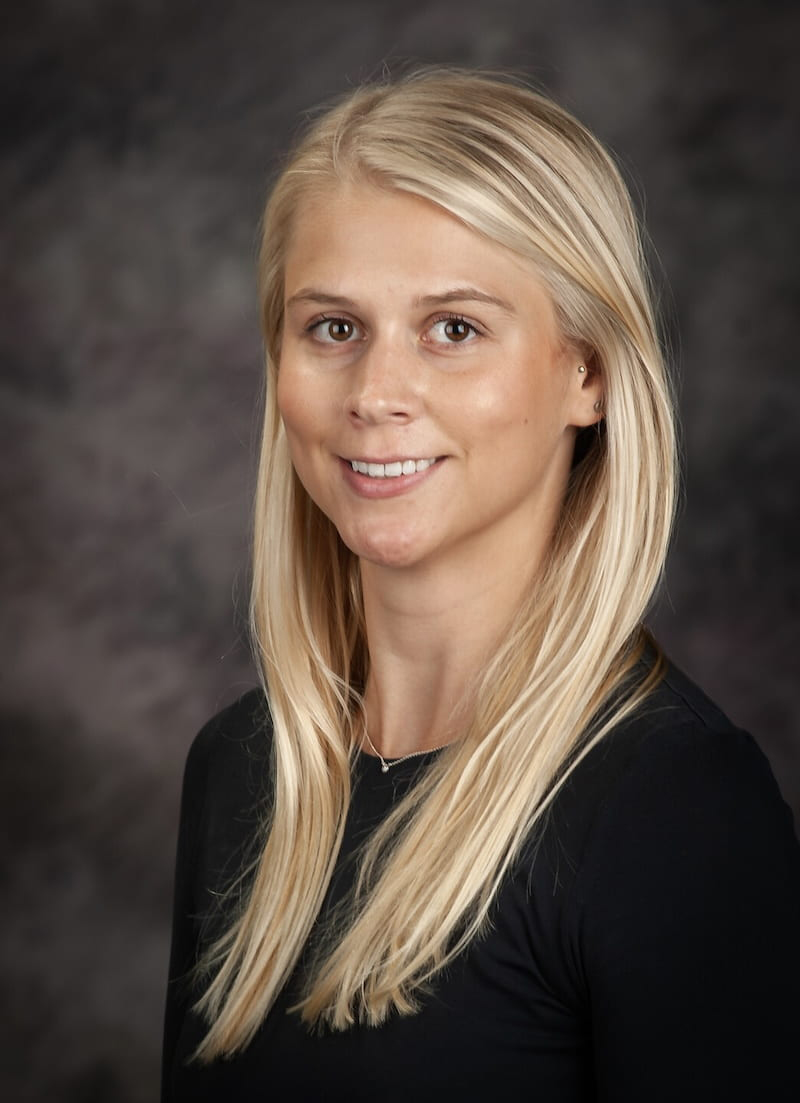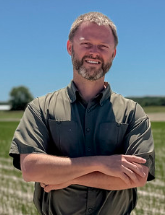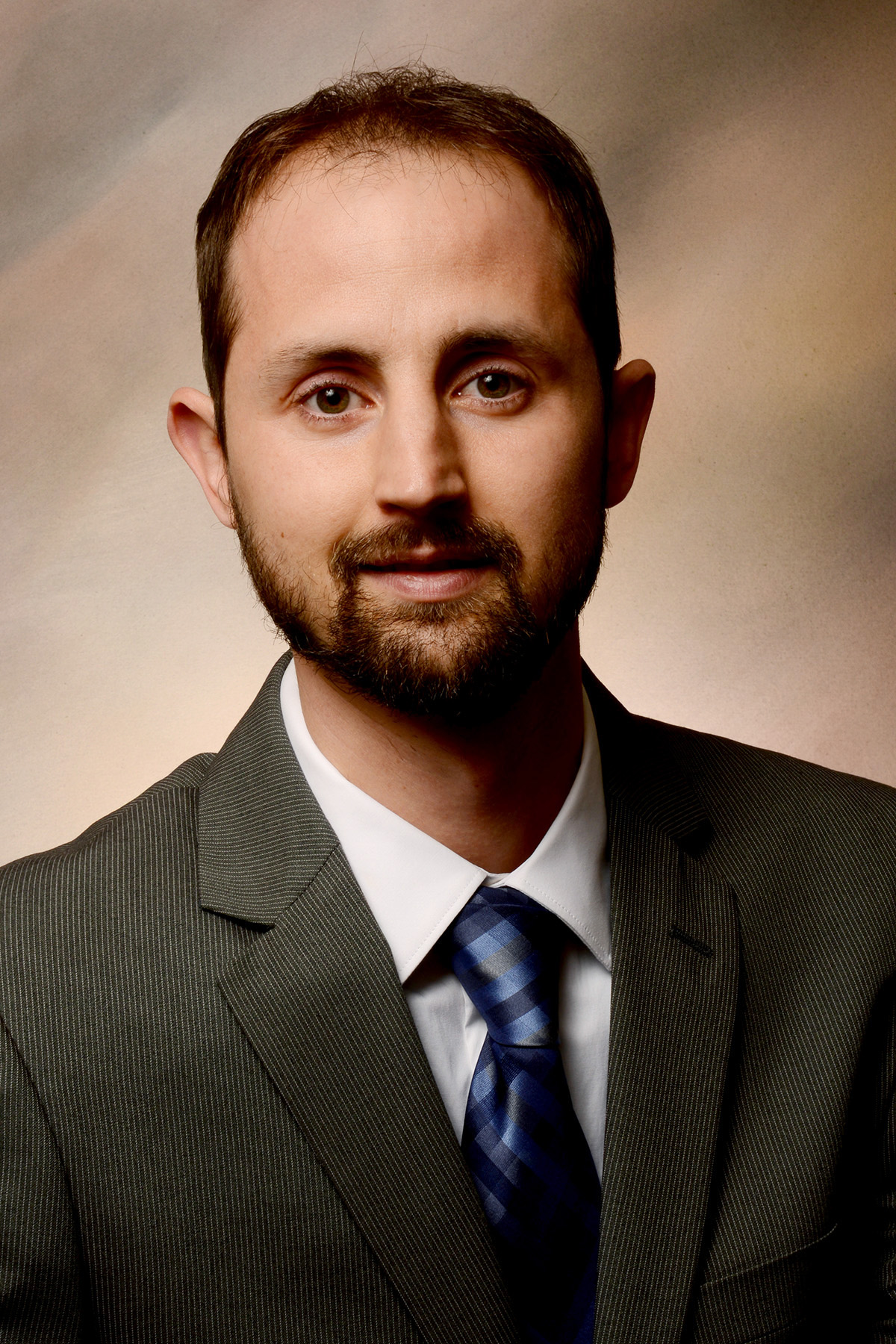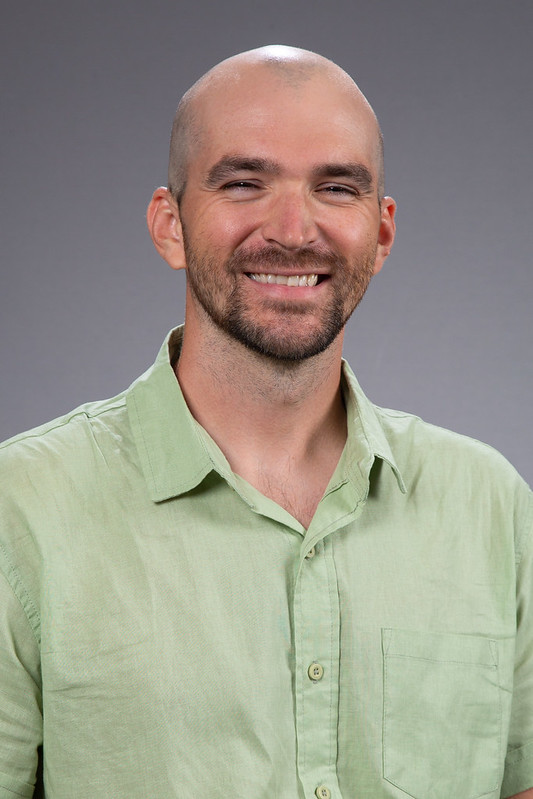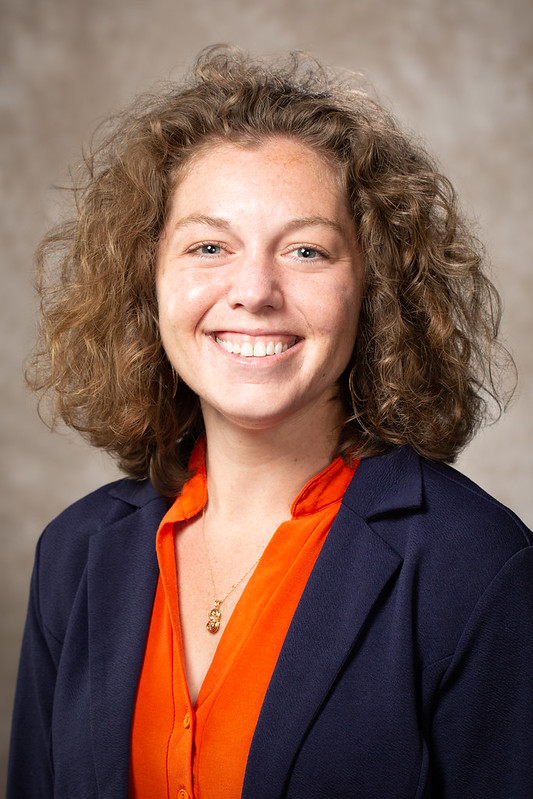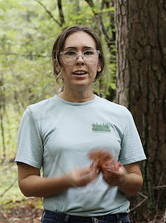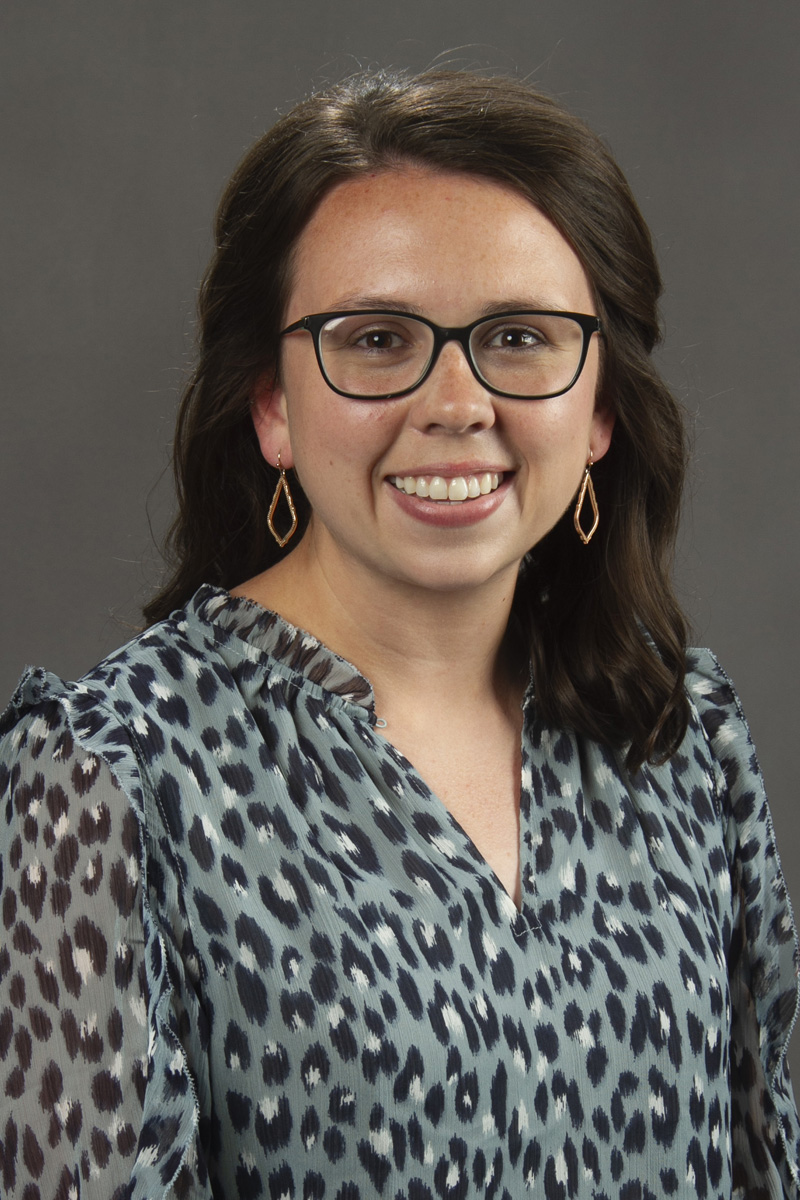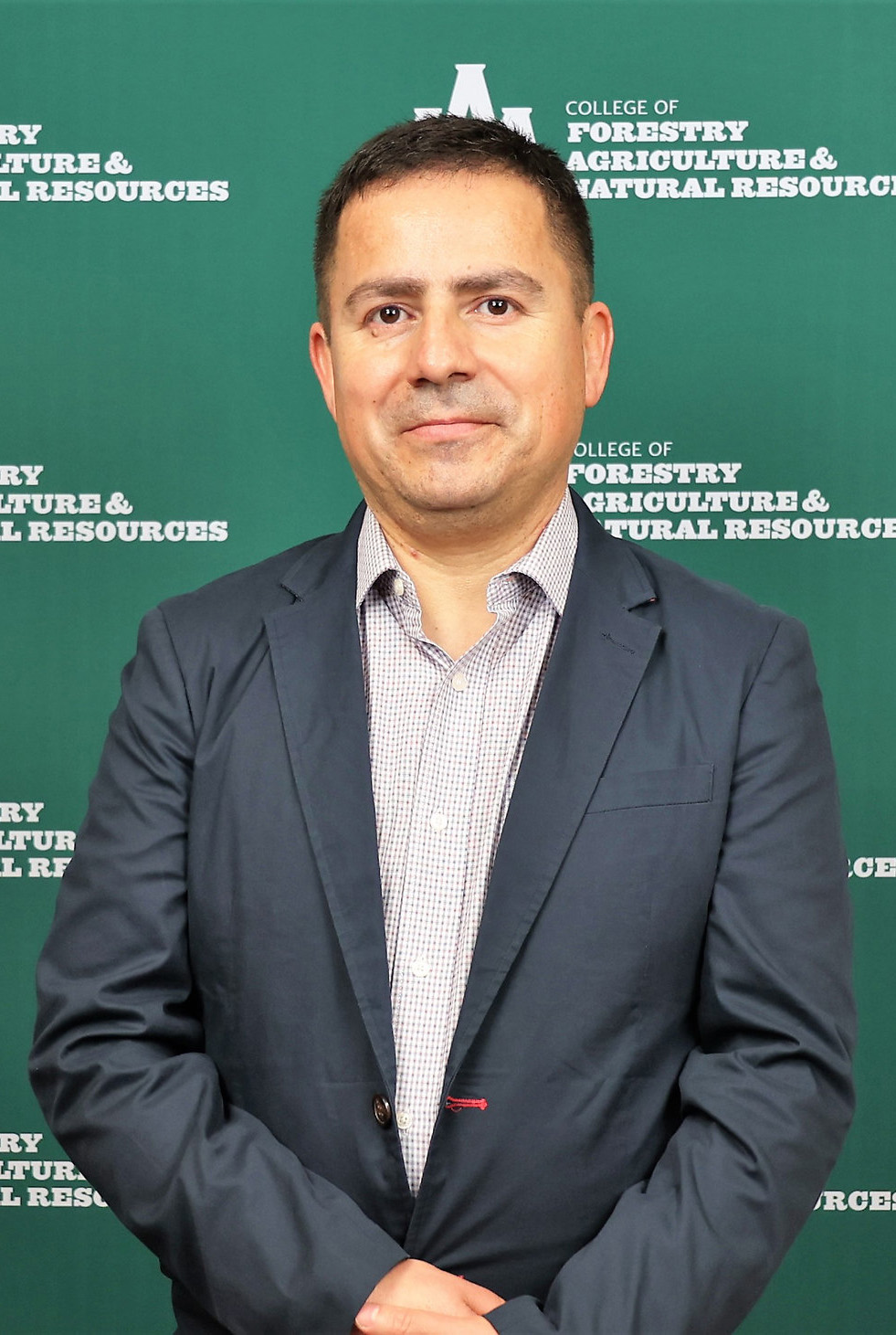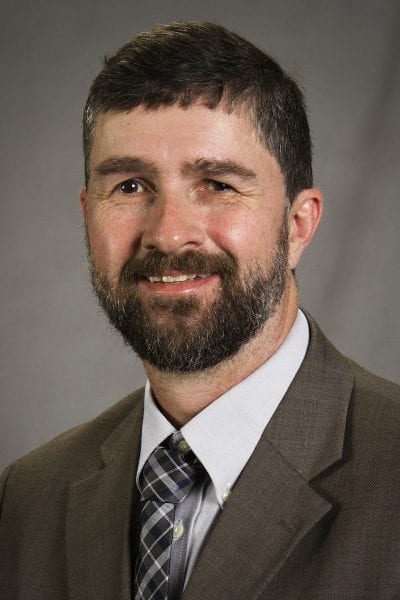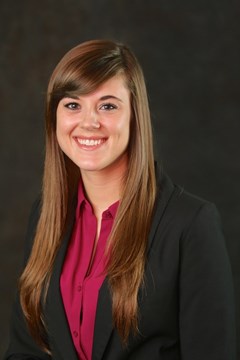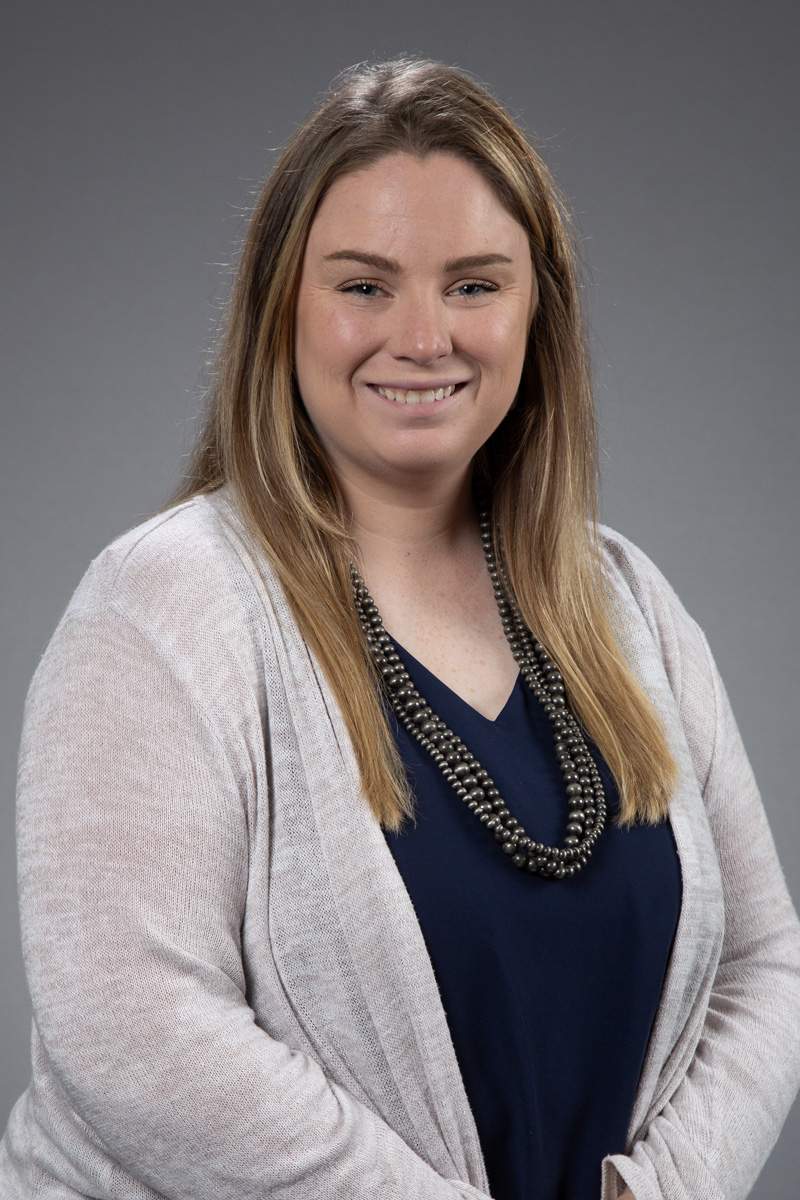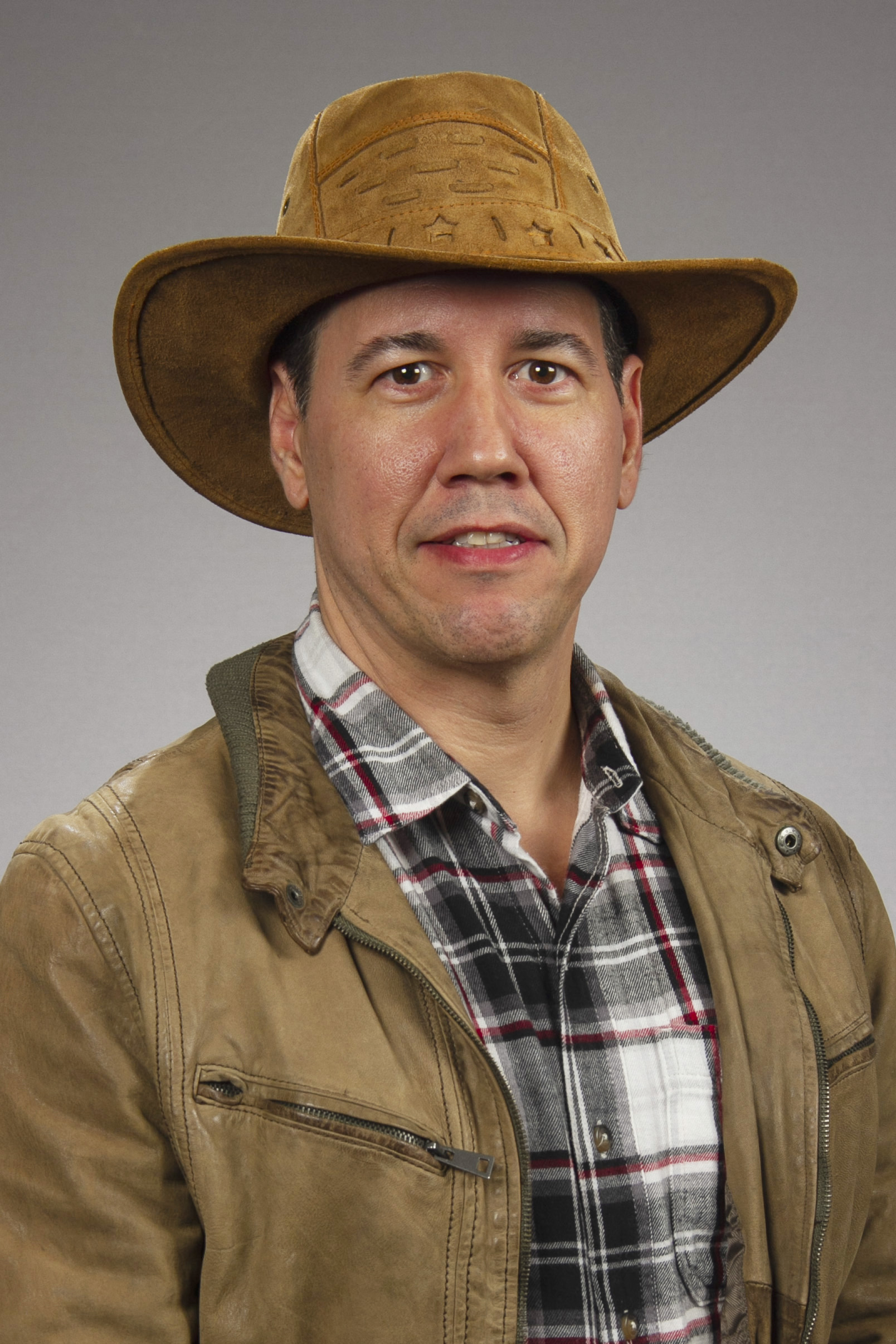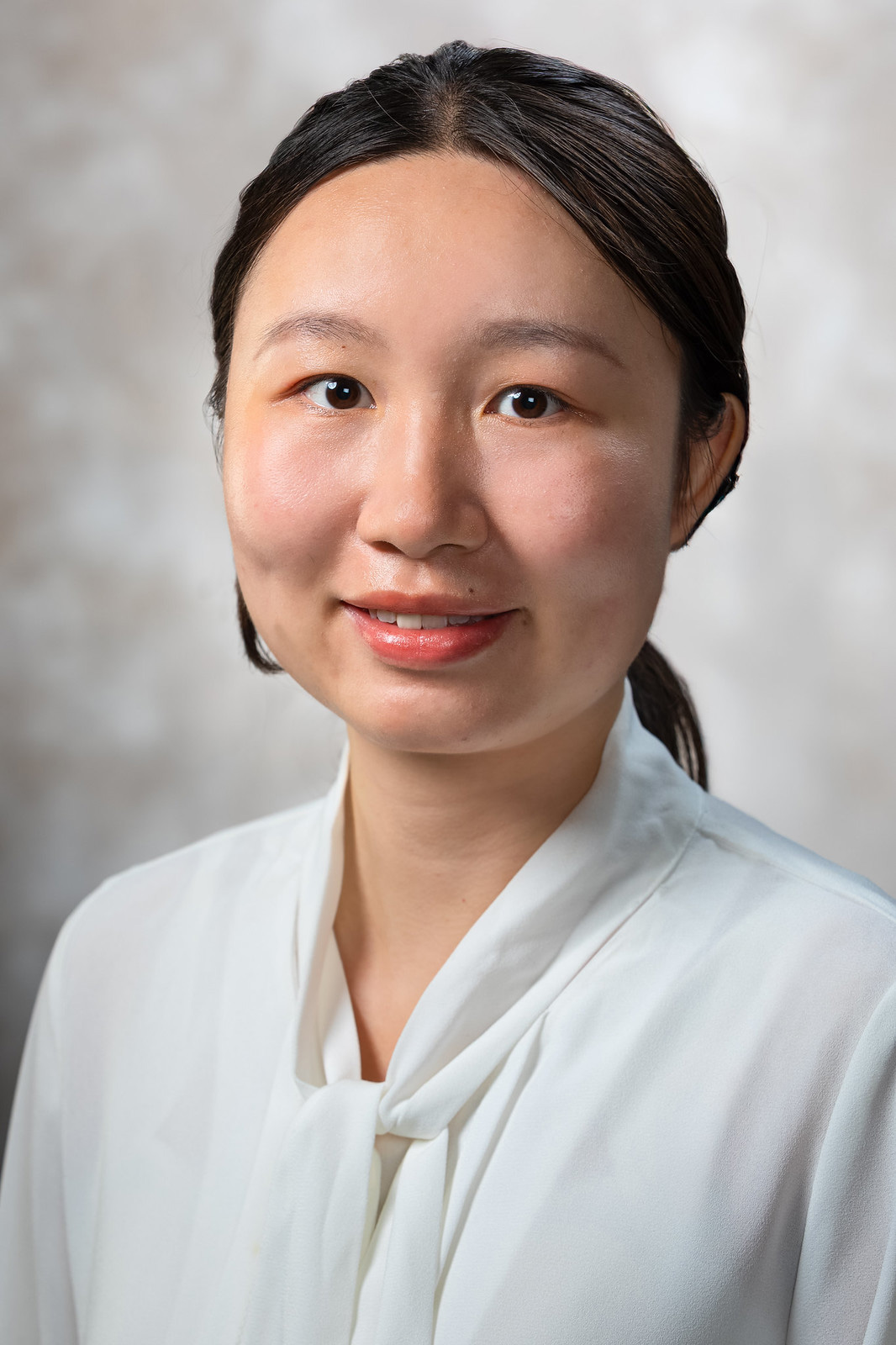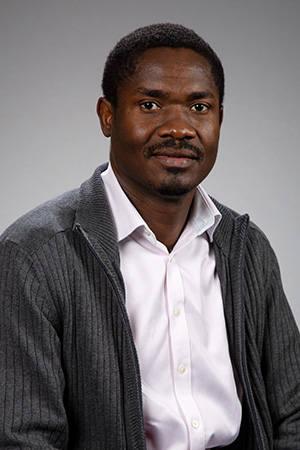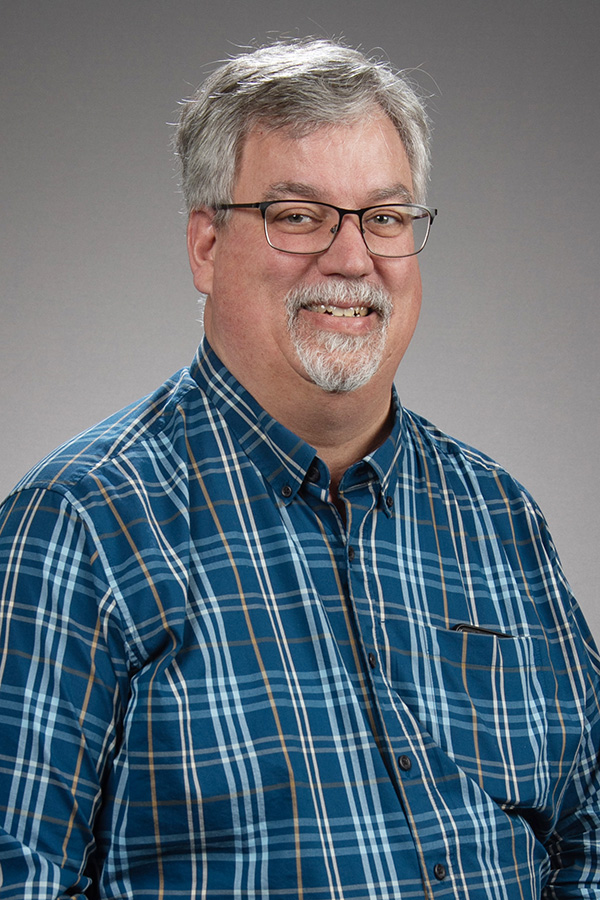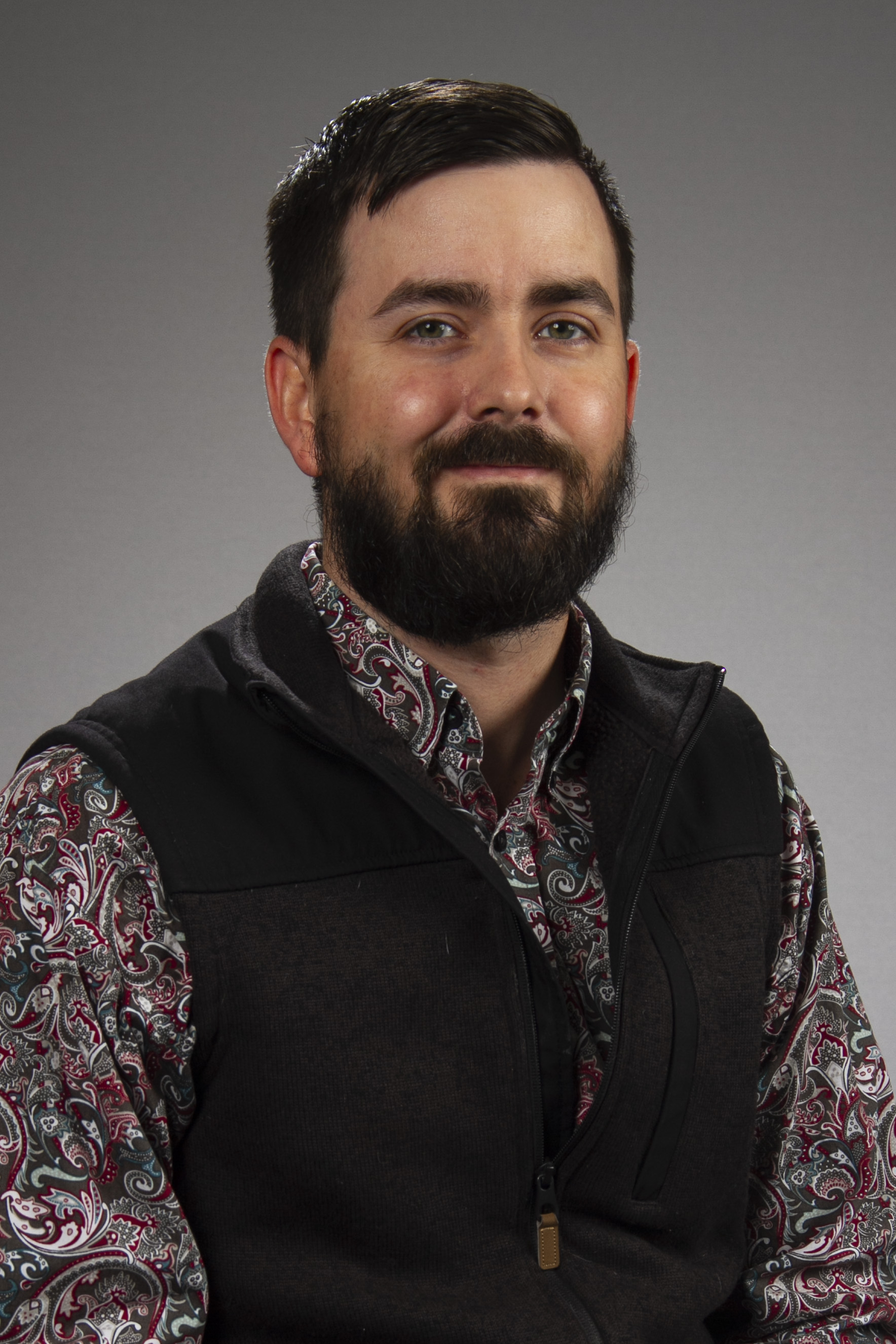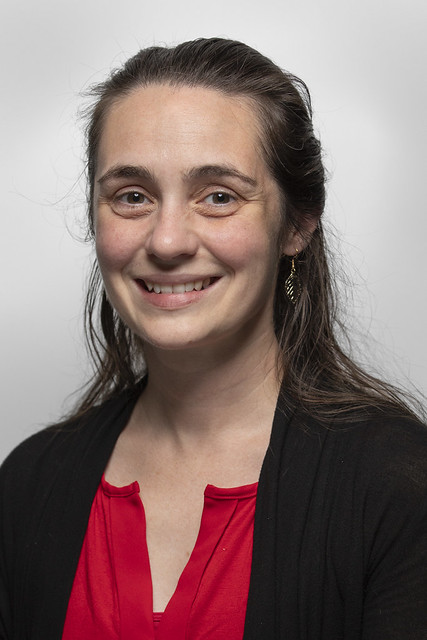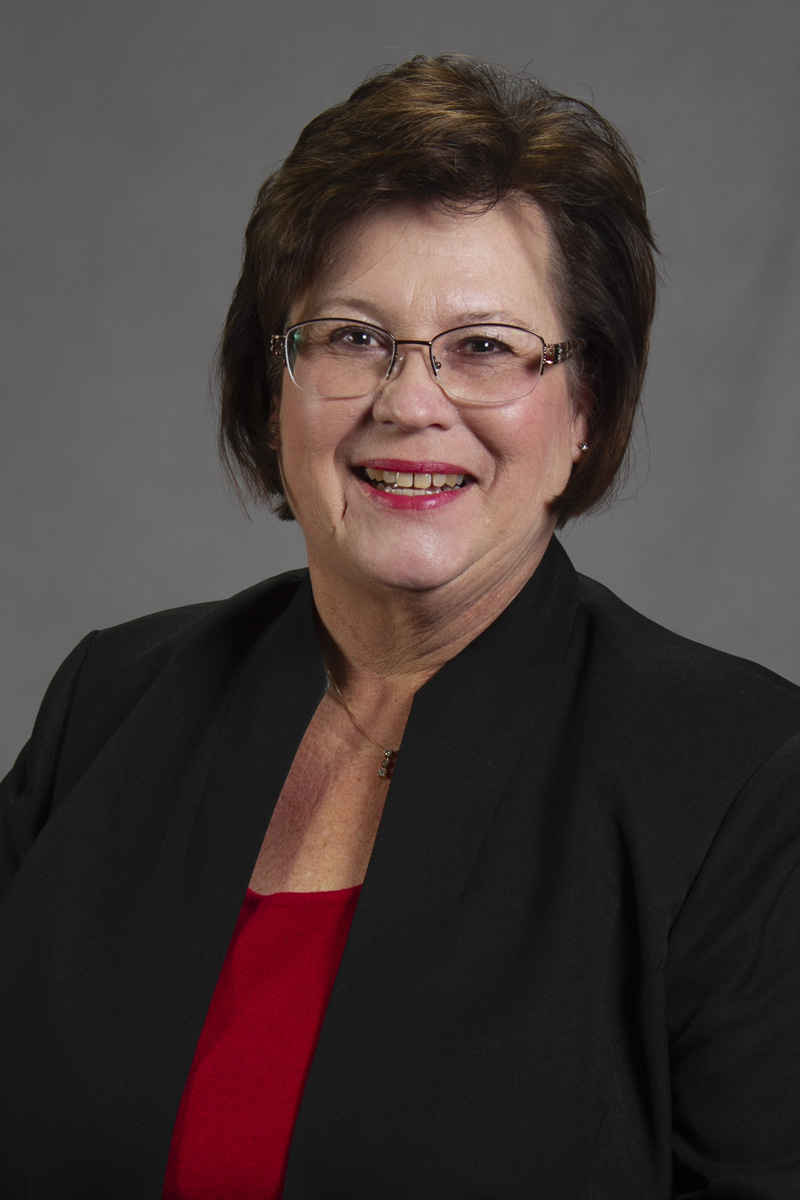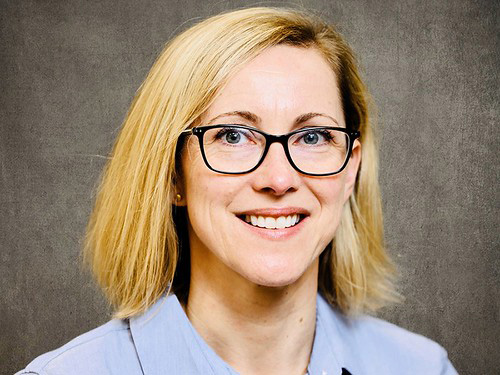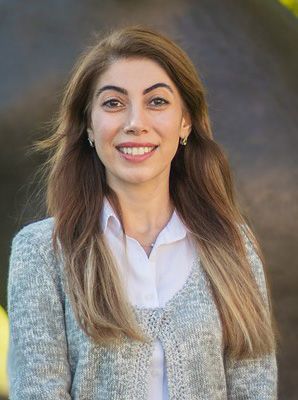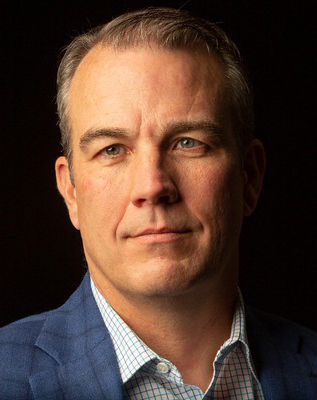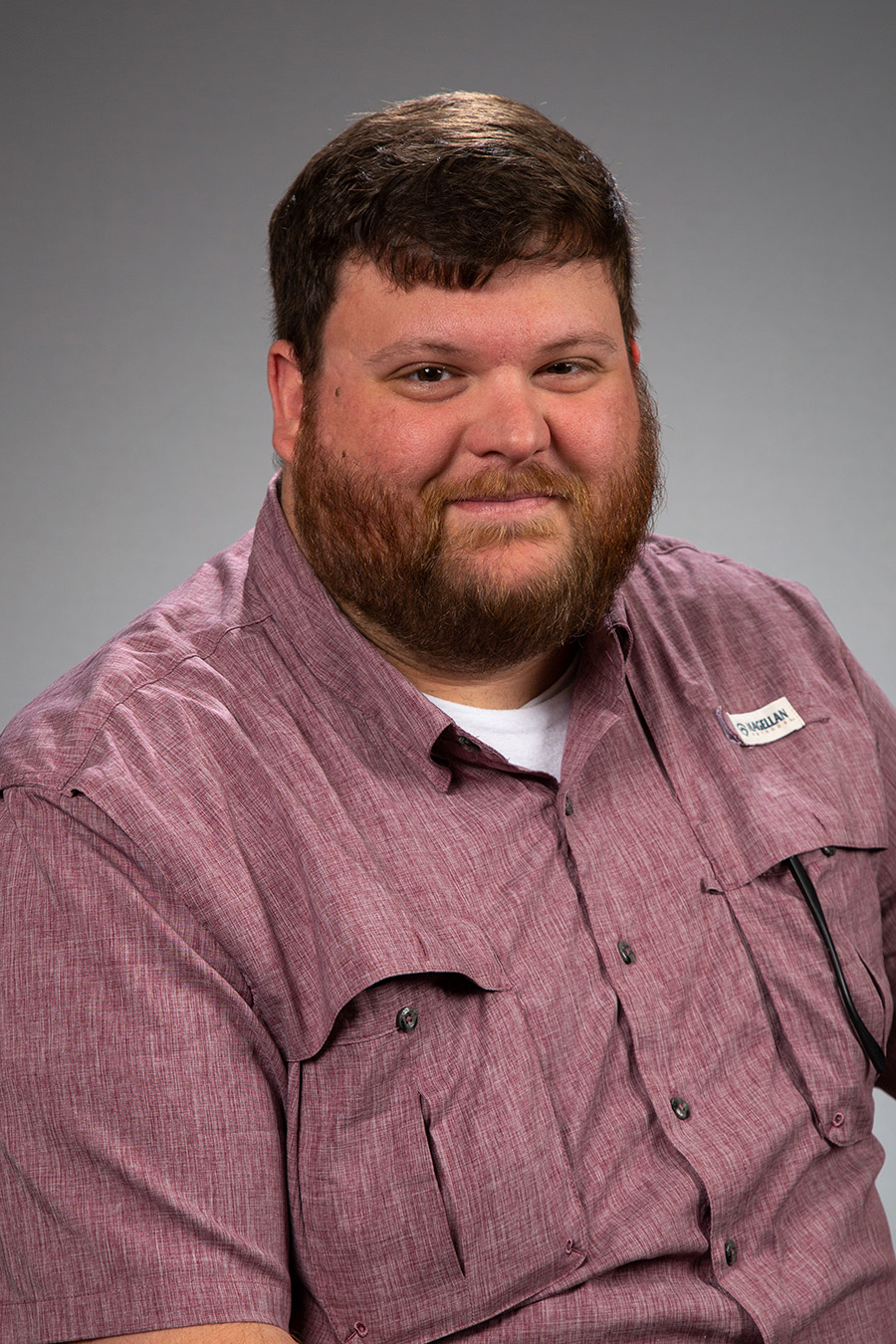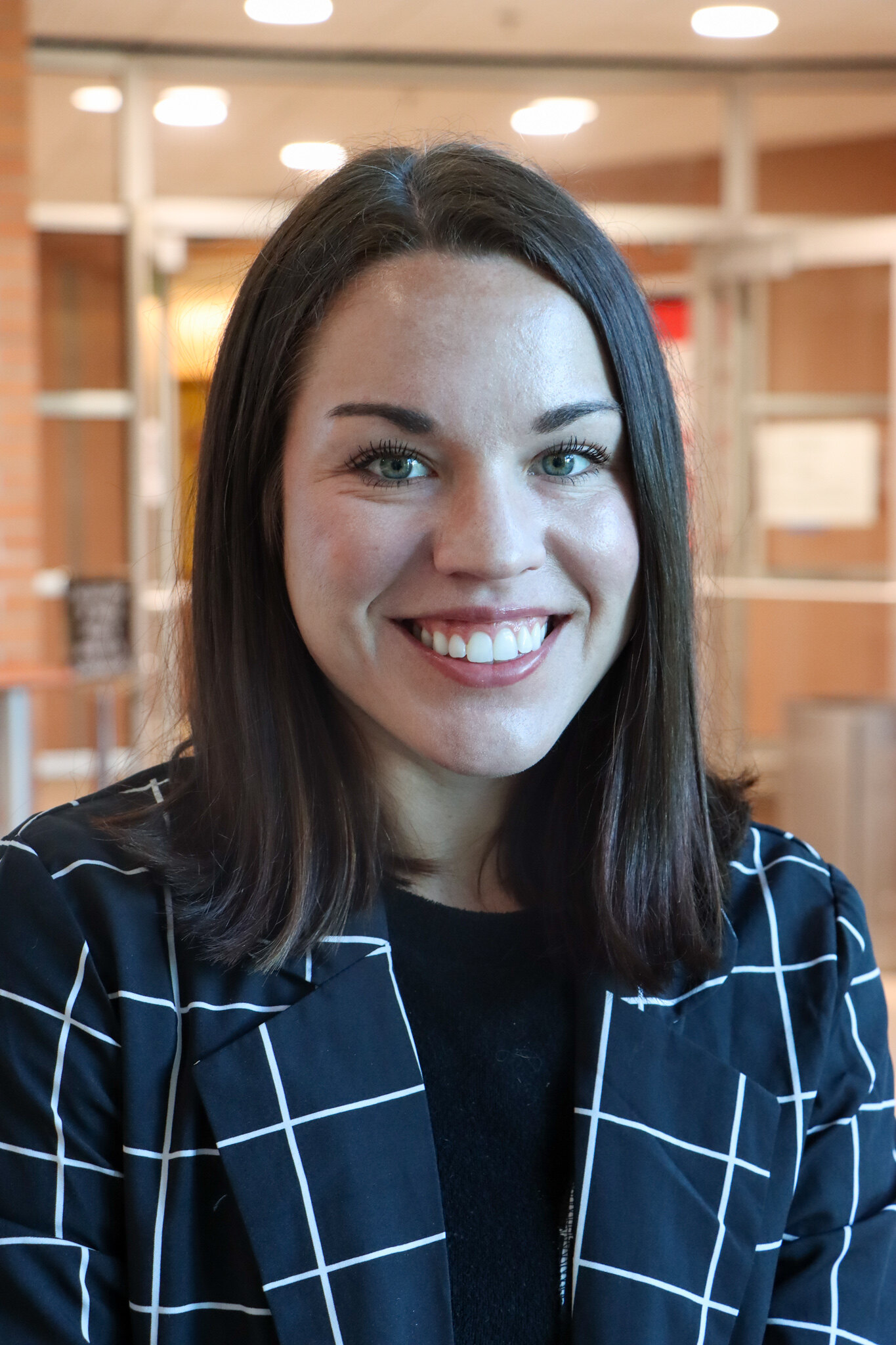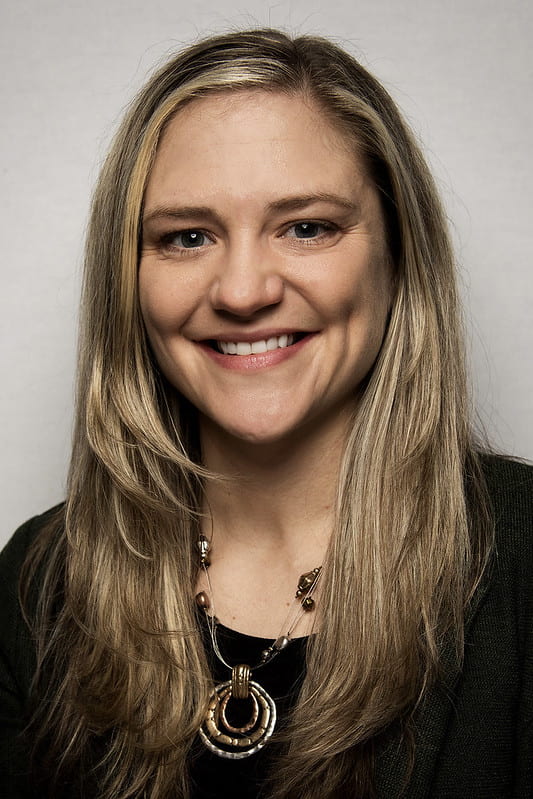After 25 years as an extension livestock specialist for the University of Arkansas
System Division of Agriculture, Shane Gadberry has been appointed resident director
of the research station near Batesville.
He succeeds Don Hubbell, who retired.
Jumping from human-focused medical research at Yale University and Stanford University,
Aranyak Goswami is a bioinformatics specialist who recently became an assistant professor
for the Arkansas Agricultural Experiment Station.
He will work with three different departments to boost the research arm of the University
of Arkansas System Division of Agriculture.
“Artificial intelligence and machine learning are at the forefront of many aspects
of animal and poultry production,” said Michael Looper, head of the animal science
department. “Dr. Goswami’s expertise in these key areas complements our current research
programs in animal health, genetics and well-being.”
As a computational biologist, Goswami said he wants to apply his experiences in human
health research and machine learning to animal health.
“Whatever is exciting in the human field in general is more exciting for the animal
field because the genomes are not standardized,” Goswami said.
It began, as it sometimes does, with elephants.
Jonathan Kubesch, extension forage specialist for the University of Arkansas System
Division of Agriculture, spent a fair amount of his childhood working on his grandparents’
farm near Peru, Indiana. In addition to raising Angus
cattle and growing beans and corn, they also grew vast swaths of alfalfa.
“They’d sell alfalfa hay to circuses for elephants,” Kubesch said. “There’s a picture
of me as a 4-year-old on an elephant somewhere.
“That’s a good way to get some skin in the game,” he said. “To learn what it takes
to grow forages, what it takes to support a livestock operation.”
Kubesch joined the Cooperative Extension Service, the outreach and education arm of
the Division of Agriculture, in late March. 2024. After completing his Ph.D. in crop
and soil environmental science at Virginia Tech, he spent several months writing curriculum
on forage and grassland for the state of Virginia educational system before coming
to Arkansas.
Brittni Littlejohn is an assistant professor in the Department of Animal Science at
the University of Arkansas. Her areas of research interest broadly encompass beef
cattle physiology and specifically include reproduction, prenatal programming, and
epigenetics. Littlejohn completed her graduate degrees in Physiology of Reproduction
at Texas A&M University and completed her postdoctoral training at Mississippi State
University prior to joining the faculty ranks.
From her first days working on a family farm, Kirsten Midkiff knew she wanted to find a life in agriculture.
“Livestock judging and working with animals has always been a big part of my life,”
she said. “I came from a background where we had cattle as well as sheep, so the health
aspect of it always played a huge role in what we did.
Midkiff is a native of Fullerton, Louisiana, and now the extension animal health and
wellbeing specialist.
Dan Quadros is an assistant professor and extension small ruminant specialist. Quadros received his M.S. and Ph.D. at São Paulo State University. He completed post-doctoral
training at the University of Florida and Texas A&M University. He will provide training
and support for extension agents, as well as helping producers in their understanding
of small ruminant husbandry and health. He will also provide leadership in small ruminant
systems and management within the state and region.
Derico Setyabrata's research focuses on identifying flavor compound influences in
dry-aged beef that can make lower-value cuts more palatable to consumers. Setyabrata
started with the research arm of the Division of Agriculture, the Arkansas Agricultural
Experiment Station, in April. His research focuses on identifying flavor compound
influences in dry-aged beef that can make lower-value cuts more palatable to consumers.
